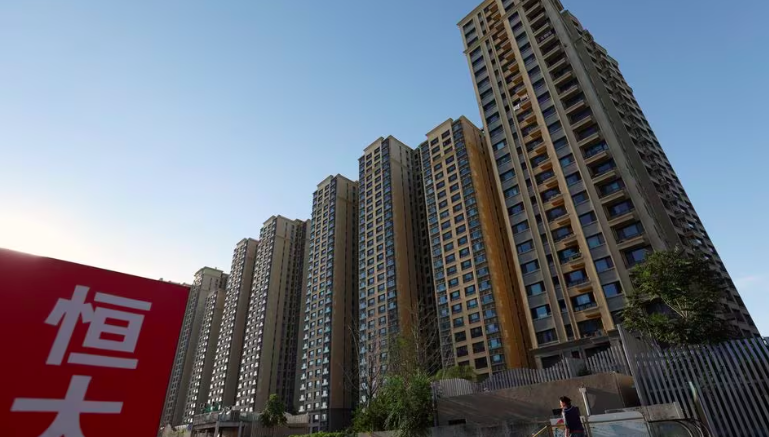In a significant blow to China’s property market, a Hong Kong court has ordered the liquidation of China Evergrande Group, the world’s most indebted developer with over $300 billion in total liabilities. The decision comes more than two years after Evergrande defaulted on its offshore debt and amid various court hearings. Justice Linda Chan, overseeing the case, appointed Alvarez & Marsal as the liquidator, emphasizing the need for a restructuring plan as Evergrande’s chairman, Hui Ka Yan, faces investigation for suspected crimes.
The liquidation ruling adds further uncertainty to China’s already fragile capital and property markets. Evergrande’s default in 2021 sent shockwaves through the property sector and had repercussions on the broader economy. The liquidation is expected to be a complex and protracted process, with potential political implications. Investors are closely watching how Chinese courts will acknowledge Hong Kong’s ruling, especially concerning the treatment of foreign creditors when a company fails.
While Evergrande’s chief executive, Siu Shawn, reassured that the liquidation order would not affect the company’s operations, critics express concerns about the impact on Evergrande’s daily activities. The company had previously proposed a restructuring plan involving creditors swapping debts for shares in its Hong Kong units. However, the court decided to proceed with liquidation, citing Evergrande’s failure to present a concrete restructuring plan.
Evergrande’s shares witnessed a sharp decline, trading down as much as 20% before the hearing, prompting trading halts in its listed subsidiaries, including China Evergrande New Energy Vehicle Group and Evergrande Property Services. The outcome of the liquidation is expected to have broader implications on China’s economic landscape, already grappling with an underperforming economy, a weakened property market, and a struggling stock market. The decision adds to the challenges faced by Beijing as it seeks to stabilize economic growth and restore investor confidence.

